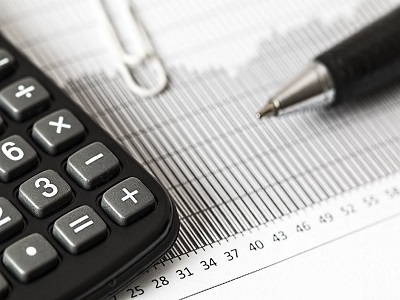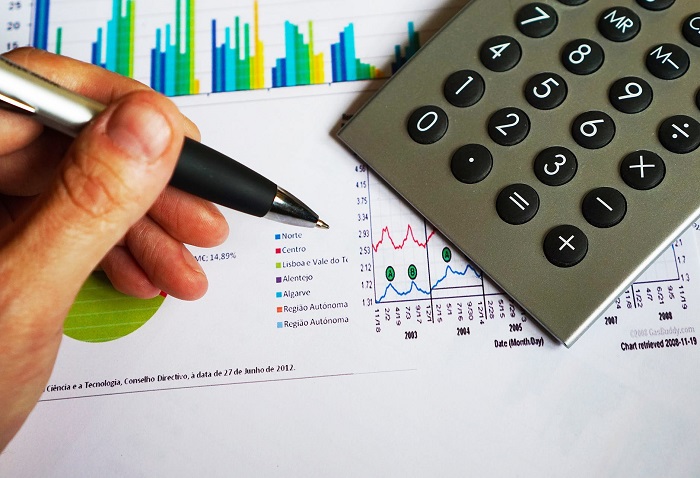Discover the Best Strategies for Getting Income Tax Relief In Singapore
 Tax reliefs always bring sighs of relief to businesses and individuals. It gives you some sort of a breather in your finances, implying that you will have more to spend or simply pump back into your venture. Tax relief in Singapore is applicable to corporate entities, citizens, permanent residents and foreigners who have been in the country for at least six months. For individuals, the income tax rates are progressive, to mean that the more someone earns, the more they will have to contribute for taxes. As of the year 2018, the personal tax rate for individuals – both citizens, residents and foreigners, may go up to 22% for in the high-income tax bracket. However, the amount will always vary based on the specific bracket in which your income falls under.
Tax reliefs always bring sighs of relief to businesses and individuals. It gives you some sort of a breather in your finances, implying that you will have more to spend or simply pump back into your venture. Tax relief in Singapore is applicable to corporate entities, citizens, permanent residents and foreigners who have been in the country for at least six months. For individuals, the income tax rates are progressive, to mean that the more someone earns, the more they will have to contribute for taxes. As of the year 2018, the personal tax rate for individuals – both citizens, residents and foreigners, may go up to 22% for in the high-income tax bracket. However, the amount will always vary based on the specific bracket in which your income falls under.
How income taxes are calculated in Singapore
Before delving into the specific strategies you may use to get tax relief in Singapore, it is important to first understand how the tax is calculated since will give you an idea exactly on how you can take advantage of some of the reliefs.
In Singapore, the income tax is usually based on the chargeable income for that specific year. Chargeable income is the amount of income left after all personal reliefs have been deducted from the assessable income. Assessable income, on the other hand, refers to the amount of income that remains once all the deductible allowable expenses and all approved donations have been deducted.
If you desire to keep your chargeable income low, you need to find out ways of getting more personal tax relief, which will, in essence, help you to legally lower your income tax.
If you are a foreigner, however, the rules vary slightly. For example, if you have been in Singapore for a period of between 61 and 182 days when it comes to taxation, you are a non-resident and you will not be eligible to claim any personal relief on your income tax. Additionally, if you employed and you spend the said duration in Singapore, you will also be expected to pay 15% on your employment tax or the progressive resident tax rate – whichever that will yield a higher tax amount.
If you are in Singapore for more than 182 days, then you become a tax resident, and you will be eligible to claim tax relief in Singapore. With that said, here are some of the strategies you can use to claim for income tax relief-:
Claim every possible personal tax relief items
You will be surprised to know that there is a huge list of rebates and tax reliefs that both citizens and residents automatically qualify for? You should take maximum advantage of these reliefs and rebates so that you can lower the amount of taxes expected from you. They include:
Earned income relief – you can claim between $1,000 and $8,000 depending on your age and whether or not you are handicapped. Just be sure to keep very clear records of your income for every year you wish to claim the relief for.
Deductions on rental expenses – if you have a rental property in Singapore, you will have to pay tax on all the proceeds from the property. However, you can claim any expenses you may have incurred in the process of renting out the property. Some of these expenses include repairs to improve the condition of the property, premiums on the insurance, costs for securing the tenants etc.

Foreign Maid Levy Relief – this is applicable to ladies who have hired foreign domestic workers. You can claim up to twice the amount of money you give as remuneration to foreign domestic workers.
Course Fee Relief – this is applicable when you are attending a course, seminar or additional training to sharpen your skills. You can claim the amount you paid for that course up to a maximum of $5,550 for every year.
Contribute to the Supplementary Retirement Scheme
This is a voluntary scheme designed to aid citizens and permanent residents towards saving their retirement. It is done through tax-deductible contributions, and it is one of the other ways you can use to get tax relief in Singapore. This is because the scheme is viewed as an investment into one’s future, and all the investment gains realized through the Supplementary Retirement Scheme are tax-free. You will only be required to pay tax on just 50% of the amount you shall withdraw upon retirement. As of 2018, both permanent residents and citizens can get reliefs of up to $15, 300.
Make donations to a tax-deductible charity
It is always a good thing to donate towards worthy causes such as charities, and in Singapore, you can be rewarded with tax reliefs if you do that. Every time you donate cash to Approved Institutions of Public Character, you will be eligible for tax deductions immediately. This is an approach the government came up with to encourage civic-mindedness, and you will be surprised to know that for all qualifying donations made between 1st January 2016 and 31st December 2018, deductions of up to 250% may be applicable.
Claim your business expenses
Finally, the other way to get tax relief in Singapore, especially when you are self-employed, is to claim deductions on all the expenses you may have incurred while operating your business or while engaging in any income generating activity. Such expenses may include the costs of setting up a website, transportation costs, digital marketing expenses, etc. But for you to successfully make a claim on the business expenses, you must have accompanying documentation, so don’t throw away receipts and invoices relevant to your business.
Hopefully, the above shades more light on how you can get income tax reliefs when you are in Singapore. There is also relief on corporate taxes and if you want to know more about them, then you should consider talking to your accountant or a tax expert on the kinds of reliefs you may be eligible for based on the nature of your business.





